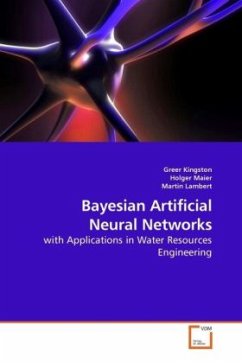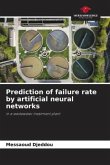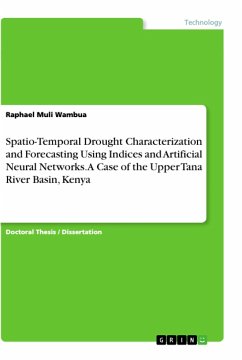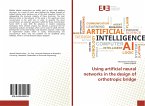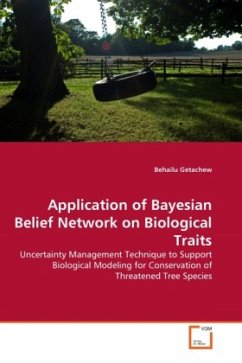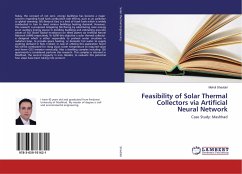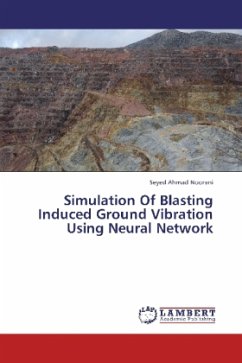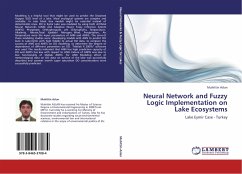Given the nonlinearity, complexity and limited physical understanding of many processes occurring within water resource systems, artificial neural networks may at times be the best available tool for modelling such systems. However, despite the increasing use of neural network models, they are still viewed with some scepticism by users of more conventional modelling methodologies, primarily due to their black box nature. In this book, a new Bayesian framework for developing artificial neural networks is presented, which aims to address what are considered to be the three most significant issues hindering the wider acceptance of artificial neural networks in the field of water resources engineering; namely generalisability, interpretability and uncertainty. Throughout the development of this framework, emphasis is placed on obtaining accurate results, while maintaining simplicity of implementation, which is considered to be of utmost importance for adoption of the framework by practitioners in the field of water resources engineering.

